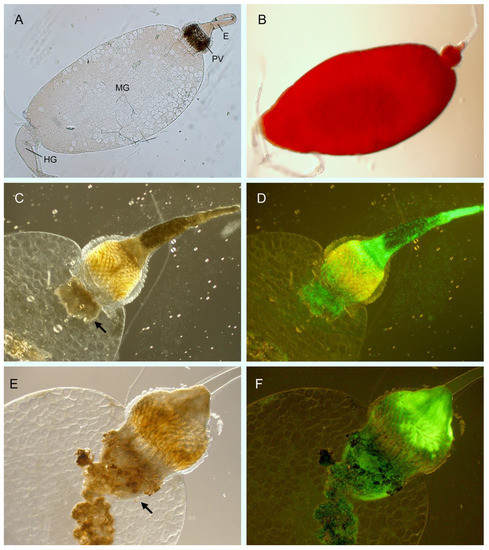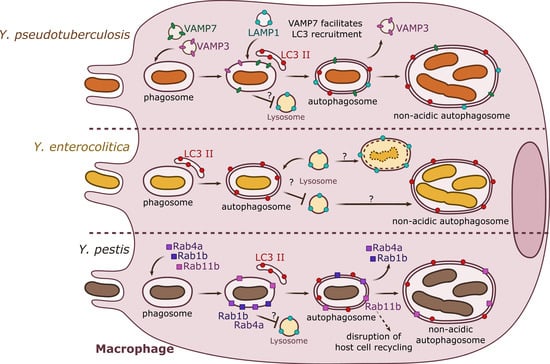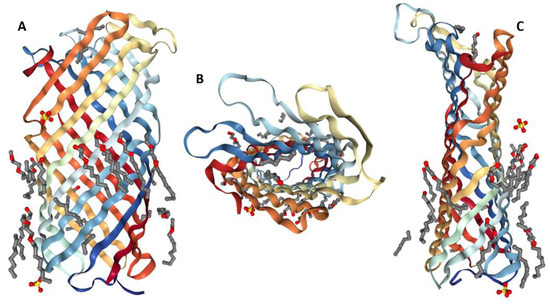Yersinia pestis Biomolecules
A topical collection in Biomolecules (ISSN 2218-273X). This collection belongs to the section "Biological Factors".
Submission Status: Closed (17 November 2025) | Viewed by 46474Editors
Interests: molecular bacteriology; infectious diseases; molecular biology of host-vector-pathogen interactions; microbial pathogenesis; virulence factors; vaccinology; biotechnology
Interests: intrinsically disordered proteins; protein folding; protein misfolding; partially folded proteins; protein aggregation; protein structure; protein function; protein stability; protein biophysics; protein bioinformatics; conformational diseases; protein–ligand interactions; protein–protein interactions; liquid-liquid phase transitions
Special Issues, Collections and Topics in MDPI journals
Topical Collection Information
Dear Colleagues,
Although humanity first noticed the plague only when it began to ruthlessly reduce human populations, its causative agent, Yersinia pestis, did not come out of nowhere. Similar to its less pathogenic progenitor Yersinia pseudotuberculosis, it was the longtime inhabitant of wild rodents (e.g., marmots, voles, gerbils, and gophers) that had simply invaded a new accidental host—who happened to be human. Microevolution led to the formation of several phylogenetic lines of the plague pathogen, differing in their host specificity/pathogenicity. The strains circulating in populations of gophers, gerbils, and especially marmots are highly virulent for humans and guinea pigs, while voles’ (micro) strains are highly virulent for their natural hosts, Microtus spp., and laboratory mice, while exclusively conditionally pathogenic for people (and guinea pigs), causing rare infections only in immunocompromised human individuals. Our access to data on closely related strains with known genomes, transcriptomes, proteomes, methylomes, etc., differing not only in host specificity but also in isoforms of virulent proteins, gives us hope for the possibility of identifying new molecular targets for vaccine prevention and treatment of the plague.
This Topical Collection of Biomolecules aims to present a collection of papers submitted by experts working in the field of Yersinia research. We welcome both original articles and surveys that cover state-of-the-art advances in this important area.
Authors can submit their manuscripts online at www.mdpi.com by registering and logging in at the following website: https://susy.mdpi.com/user/login. Accepted papers will be published continuously in the journal (as soon as accepted) and will be listed together on the Topical Collection’s website.
Prof. Dr. Andrey P. Anisimov
Dr. Vladimir N. Uversky
Collection Editors
Manuscript Submission Information
Manuscripts should be submitted online at www.mdpi.com by registering and logging in to this website. Once you are registered, click here to go to the submission form. Manuscripts can be submitted until the deadline. All submissions that pass pre-check are peer-reviewed. Accepted papers will be published continuously in the journal (as soon as accepted) and will be listed together on the collection website. Research articles, review articles as well as short communications are invited. For planned papers, a title and short abstract (about 250 words) can be sent to the Editorial Office for assessment.
Submitted manuscripts should not have been published previously, nor be under consideration for publication elsewhere (except conference proceedings papers). All manuscripts are thoroughly refereed through a single-blind peer-review process. A guide for authors and other relevant information for submission of manuscripts is available on the Instructions for Authors page. Biomolecules is an international peer-reviewed open access monthly journal published by MDPI.
Please visit the Instructions for Authors page before submitting a manuscript. The Article Processing Charge (APC) for publication in this open access journal is 2700 CHF (Swiss Francs). Submitted papers should be well formatted and use good English. Authors may use MDPI's English editing service prior to publication or during author revisions.
Keywords
- Yersinia pestis
- Yersinia pseudotuberculosis complex
- taxonomy
- biomolecule
- pathogenicity
- immunity
- protein
- protein–protein interaction
- lipopolysaccharide
- paleomicrobiology












